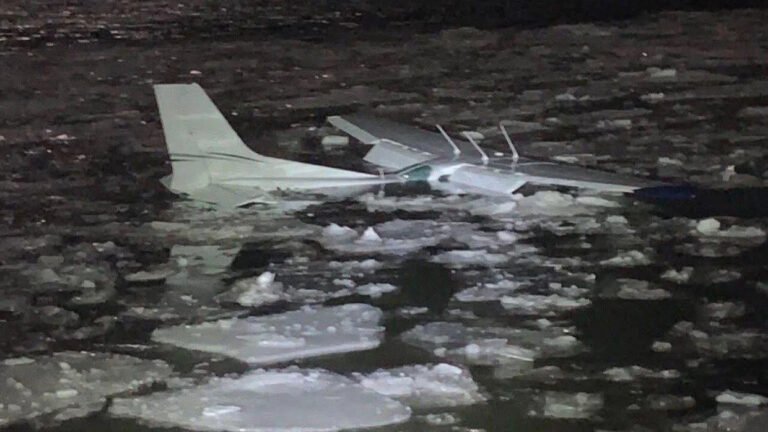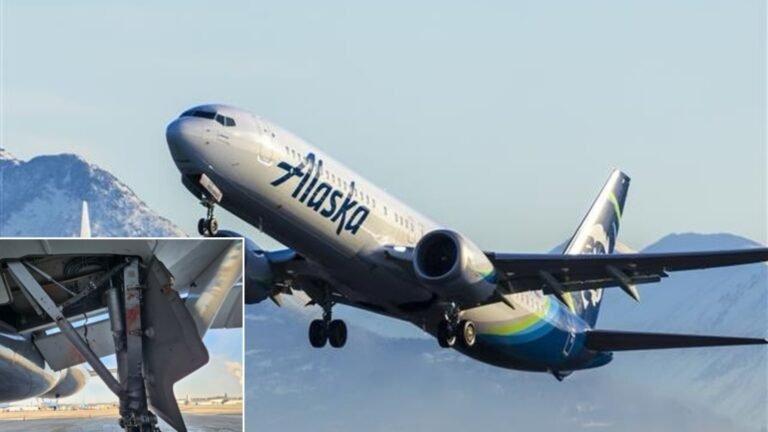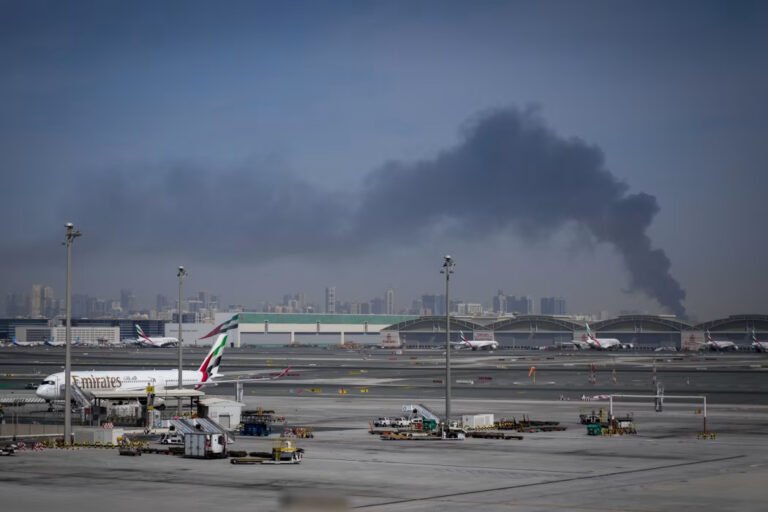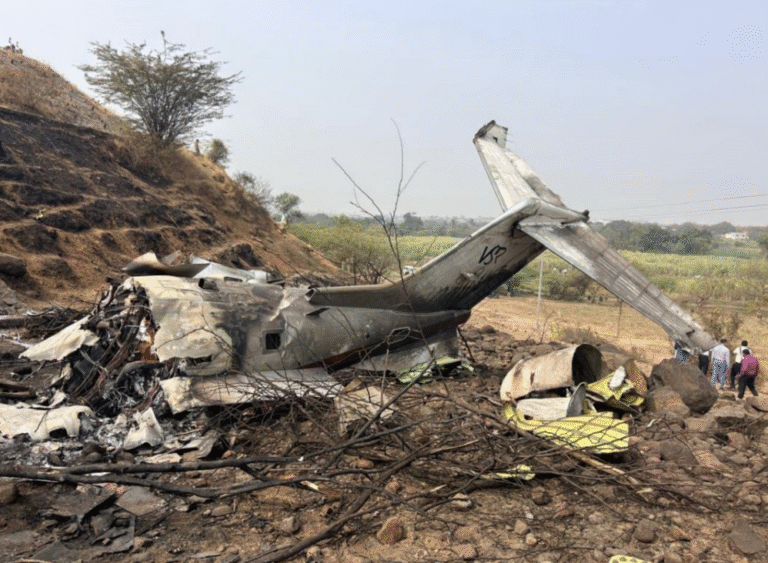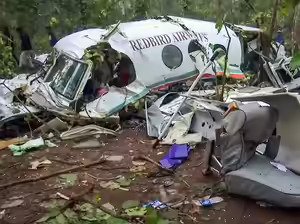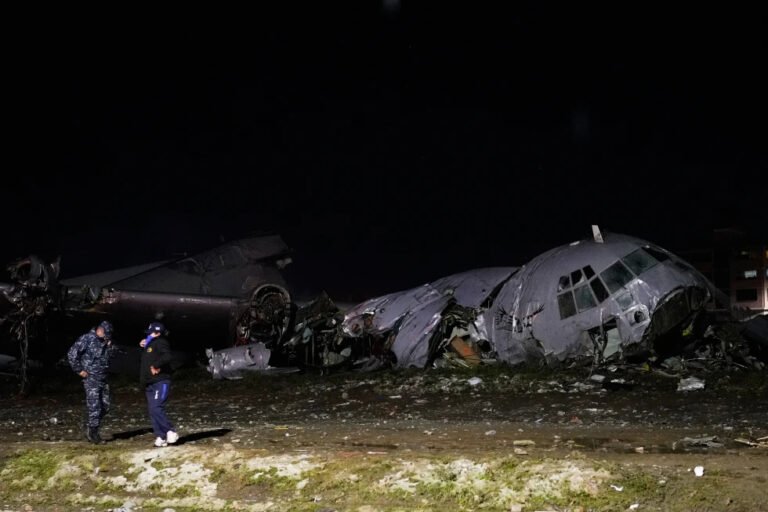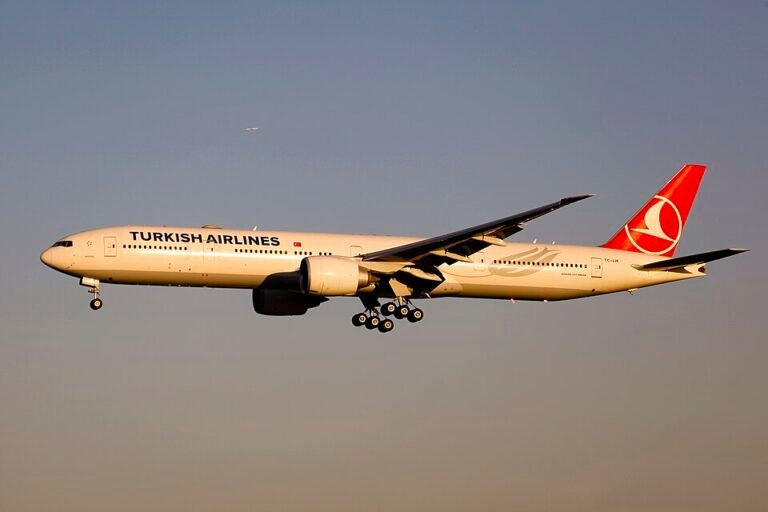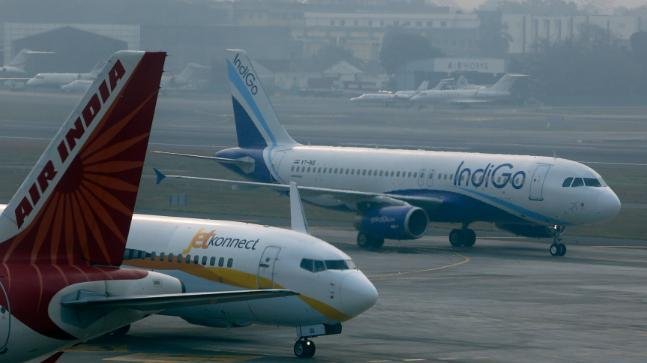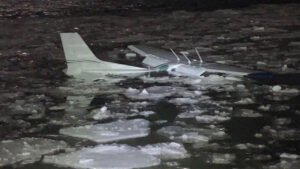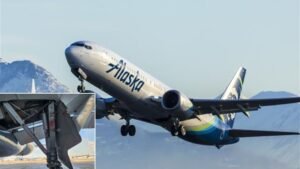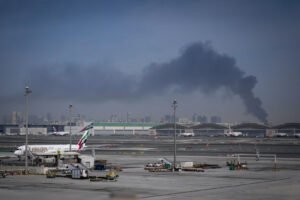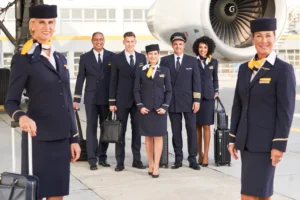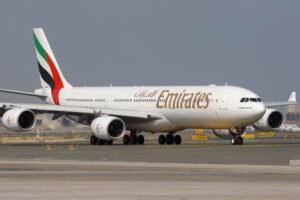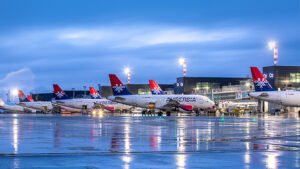Picture Credit: Air Canada
Vancouver, Canada: A delayed flight, a frustrated pilot, and a candid announcement over the intercom have sparked a nationwide conversation about Canada’s air traffic control crisis. During a nearly hour-long delay on an Air Canada flight from Vancouver to Montreal, a pilot addressed passengers directly blaming the delay on a shortage of air traffic controllers and calling on them to write to their Members of Parliament.
His unscripted remarks, now circulating widely online, reflect a growing frustration within the aviation industry. He criticized Nav Canada, the agency responsible for managing the country’s air traffic systems, alleging it limits trainee intake to maintain high overtime payments for current staff. The pilot also pointed to the financial burden on the airline and the disruption to passengers, urging for more accountability and quicker action.
Air Canada later confirmed that the flight had been held up due to staffing constraints, and Nav Canada acknowledged the ongoing resource limitations. However, the agency strongly denied any suggestion of intentional understaffing. A spokesperson stated that nearly 500 students are currently in training, and Nav Canada expects to train around 1,500 new air traffic controllers by 2028.
This high-profile incident comes amid a wave of flight delays and cancellations across Canadian airports. Over a single weekend earlier this month, Toronto Pearson International recorded more than 1,000 flight delays and 83 cancellations. Vancouver International also faced over 200 delays and 15 cancellations during the same period. Passengers have been left stranded, with many voicing their dissatisfaction on social media.
Industry bodies are taking notice. The International Air Transport Association (IATA) has labeled the situation “unacceptable.” IATA’s Director General Willie Walsh stated that the chronic ATC staffing shortages are impacting airlines and ruining travel experiences. “Nav Canada must take urgent action to resolve these issues,” he said.
The roots of the staffing crisis trace back to the COVID-19 pandemic. In 2020, Nav Canada laid off over 700 employees and drastically scaled back recruitment and training. Combined with an aging workforce and the lengthy training process for new controllers, the organization is now struggling to meet the post-pandemic surge in travel demand.
Air Canada CEO Michael Rousseau described the airline’s current challenges as a “perfect storm,” citing not only ATC shortages, but also weather disruptions, pilot shortages, and supply chain issues. “These are all beyond the airline’s control,” Rousseau said, “but we are working closely with Nav Canada and other authorities to find solutions.”
To help ease the crisis, Nav Canada has partnered with Canadian aviation training company CAE to fast-track the development of new air traffic controllers. The goal is to close the staffing gap and stabilize operations by 2028. But in the meantime, delays are likely to continue.
Despite these hurdles, Air Canada reported a return to profitability this year, reflecting continued strong demand for travel. Still, customer satisfaction remains a concern as airlines and aviation authorities try to navigate ongoing logistical challenges.
Travelers are being advised to check their flight status frequently, sign up for airline alerts, and plan for longer connection times. With the peak summer travel season approaching, both industry and government stakeholders are under pressure to act quickly.
The pilot’s unexpected call to action may have been unconventional but for many in the industry, it simply said out loud what many have been thinking: the system is under strain, and reform can’t wait.


